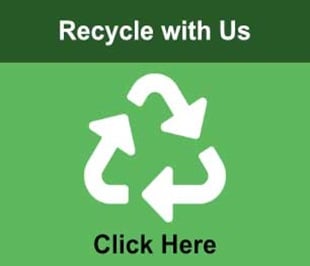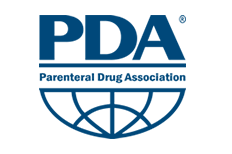PLASTIC RECYCLING AND DISPOSABLE PROTECTIVE GARMENTS
| Cleanroom Supplies Blogger
Plastic recycling is one of the many things that damage the environment. But there is one major misconception that plastics in themselves are the leading environmental catastrophe or cause of global warming.
Cleanroom Supplies provide disposable protective clothing across a wide section of industry, but mainly focusing on the cleanroom and laboratory industries.
Many disposable protective garments contain plastic in one form or another. Plastics are a vital material, providing the ideal mechanical properties to provide the protection we need from often dangerous chemicals and dusts.
Our products are designed to protect the operator from contamination and product from potential contamination from human operators.
In light of recent media items relating to the amount of plastic being found in the world’s rivers and oceans, and the lack of plastic recycling, we want to share our research and cut through unbalanced media hype.
Plastic Recycling vs Cardboard Recycling – Which Is More Environmentally Friendly?
The answer to this question may surprise you…
Householders continue to see plastic as wicked and paper-based and cardboard goods as benign. But when considered over the entire life of the packaging, paper and cardboard embody far more greenhouse gases than their plastic equivalents.
Paper products take substantial amounts of energy to make. Crushing a tree down into small fibres, mixing the wood pulp into a slurry and then passing the wet mass through huge rollers cannot be done without use of enormous quantities of power. Making paper and cardboard is almost certainly the third largest industrial use of energy on the planet.
Even where sources of cardboard and wood fibre are from responsibly manged sources, this does not alter the fact that we are still losing 18.7 million acres of valuable rainforest every year, much of this in an uncontrolled way. This has an impact reducing the worlds carbon sink, reduces biodiversity, damages local economies along with rivers and contributing to ongoing adverse weather patterns and climate change. See how deforestation is affecting the climate.
A second concern is that many paper and cardboard products, end up in local authority landfill, where they rot down anaerobically, creating the greenhouse gas methane in the process. Plastic, as is well known, doesn’t rot and sequesters its carbon indefinitely.
By contrast, plastic is light, durable and its manufacture is generally not particularly energy intensive – at least by comparison to paper.
Plastics are by far the most environmentally friendly when compared to the life cycle of cardboard and recycling cardboard.
The fact is that it is the irresponsible handling and waste disposal of plastics that is creating the environmental catastrophe currently being reported on in the media. Plastic recycling is talked about but the reality is that plastic waste is not being handled responsibly. The real issue with plastic is that it is not being recycled responsibly.
Who Is To Blame?
Our rivers and oceans should definitely not be the final destination for plastic waste. The fact that the marine environment is contaminated is evidence that Governments, Companies and individuals are not dealing with the waste responsibly.
Our research indicates that this may also be partly due to a lack of investment in plastic recycling facilities in order to take on all aspects of plastic recycling, including contaminated garments. For this, governments need to lead the way.
What Are We Doing As A Company?
Cleanroom Supplies have spent 12 months on an internal project to review our impact on the environment and to see if there is anything more we can be doing, not only to reduce our own waste, but to also assist our customers in recycling our products in a responsible way.
Currently, we rely on our customers to dispose of products responsibly. This is partly because many recycling plants are not willing to handle potentially contaminated PPE.
By reducing the amount of waste that is produced by our products, we will lessen our environmental impact.
We also want to raise awareness of recycling both within our company, and with our customers.
We are not the only company to do this. Riverford Organics, one of the largest vegetable box schemes in the UK, has suggested it may move away from cardboard packaging and towards plastic. In this week’s note to customers, Guy Watson at Riverford says that plastic boxes could reduce the carbon footprint of the company’s packaging by 70%.
After conducting this research, we feel that it is not always plastic that is the main problem, but people’s attitudes and responsibility.
If companies handled their environmental responsibilities well, plastic would not have become such a big issue.
Although we product very little waste in our warehouse operations, we are fully aware of the environmental issues relating to waste produced by our end users.
What Are Cleanroom Supplies Doing?
- Minimise cardboard in our packing
- Ensure all plastic packaging is recyclable
- Offer a recycling service to customers
- Recycle our plastic waste using the thermal compaction to produce re-usable plastic pellets for reforming/reusing













